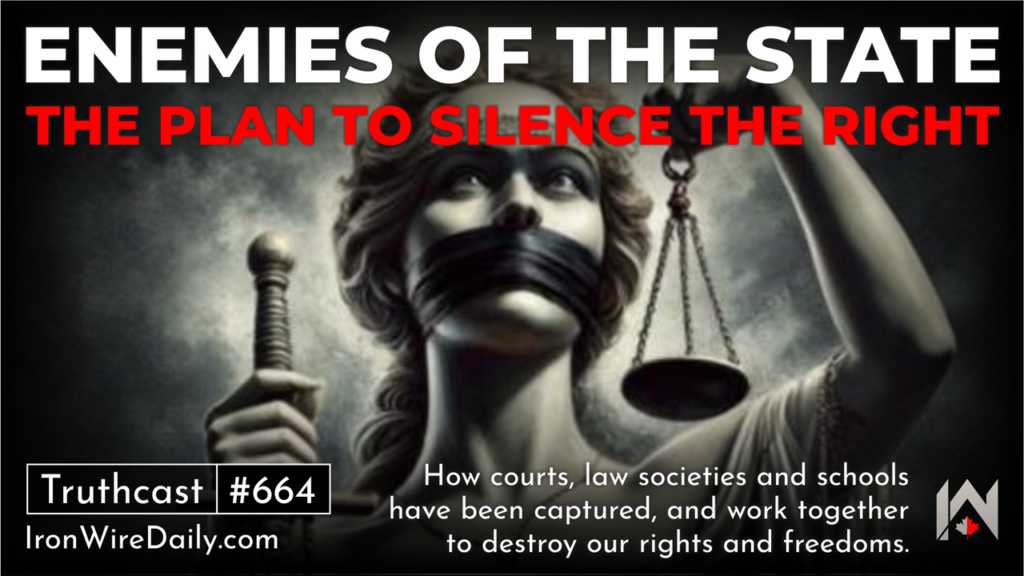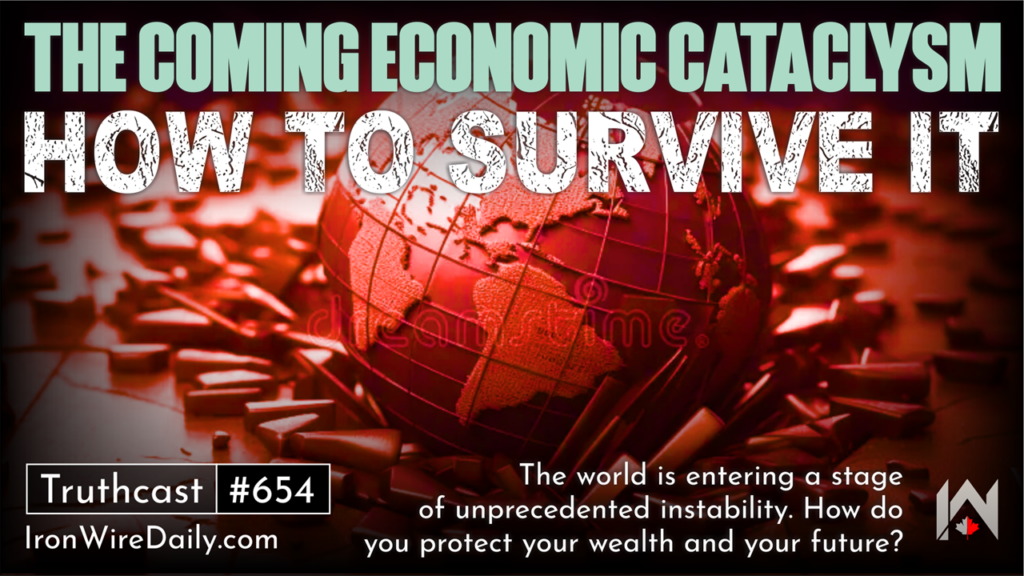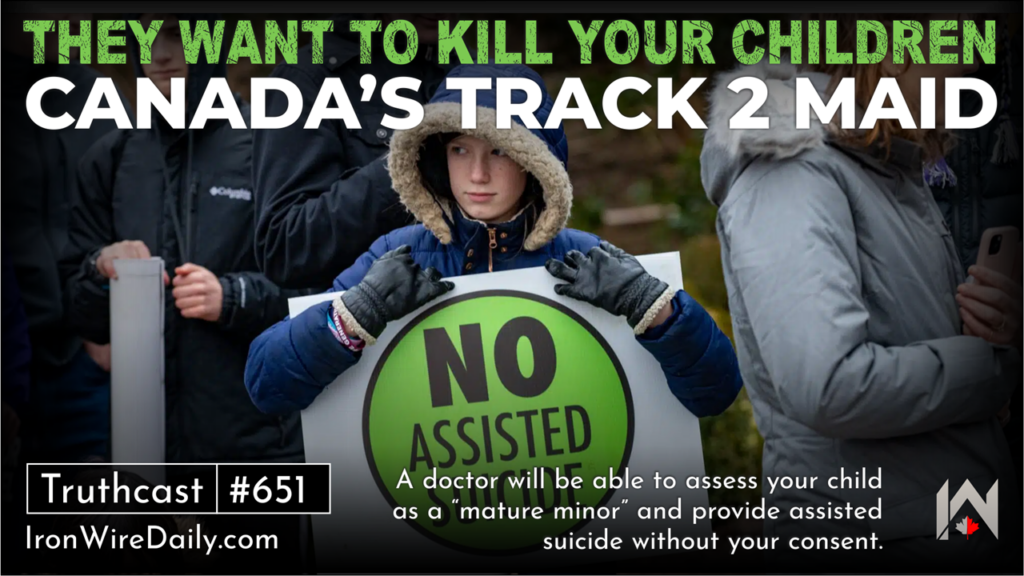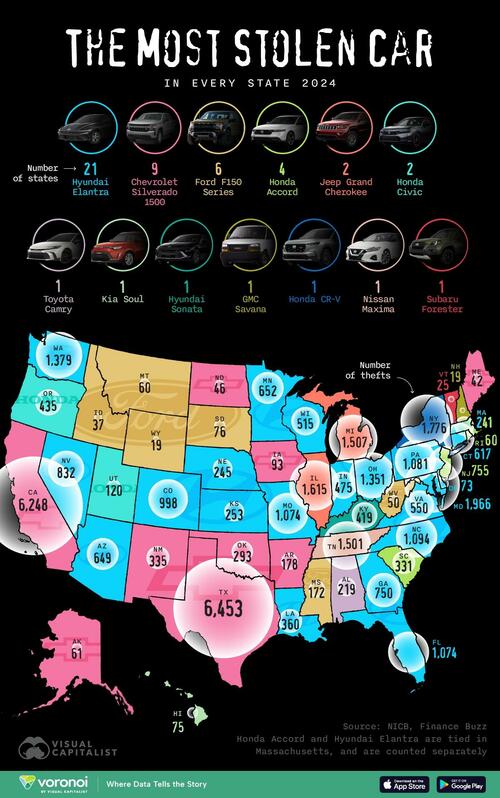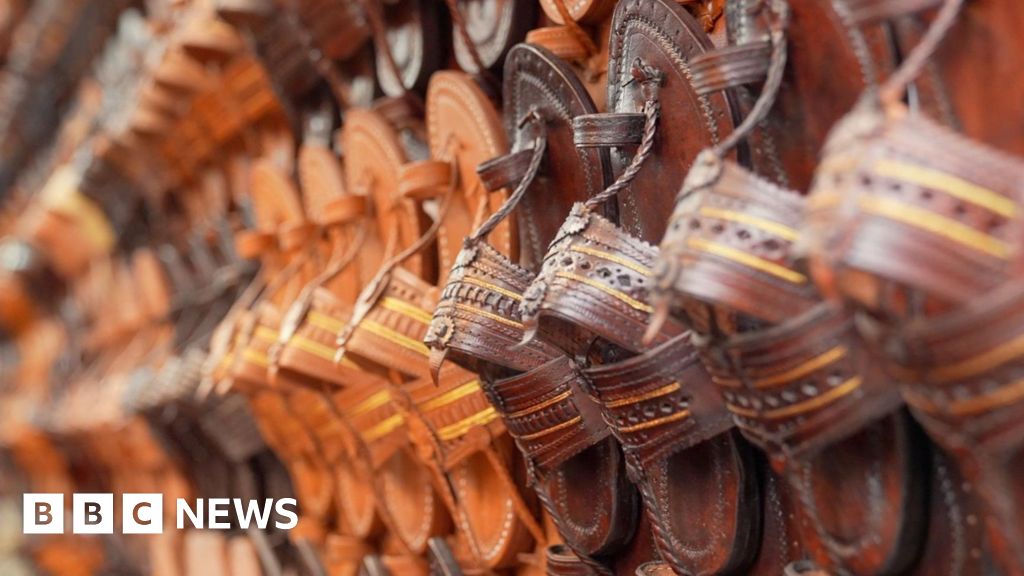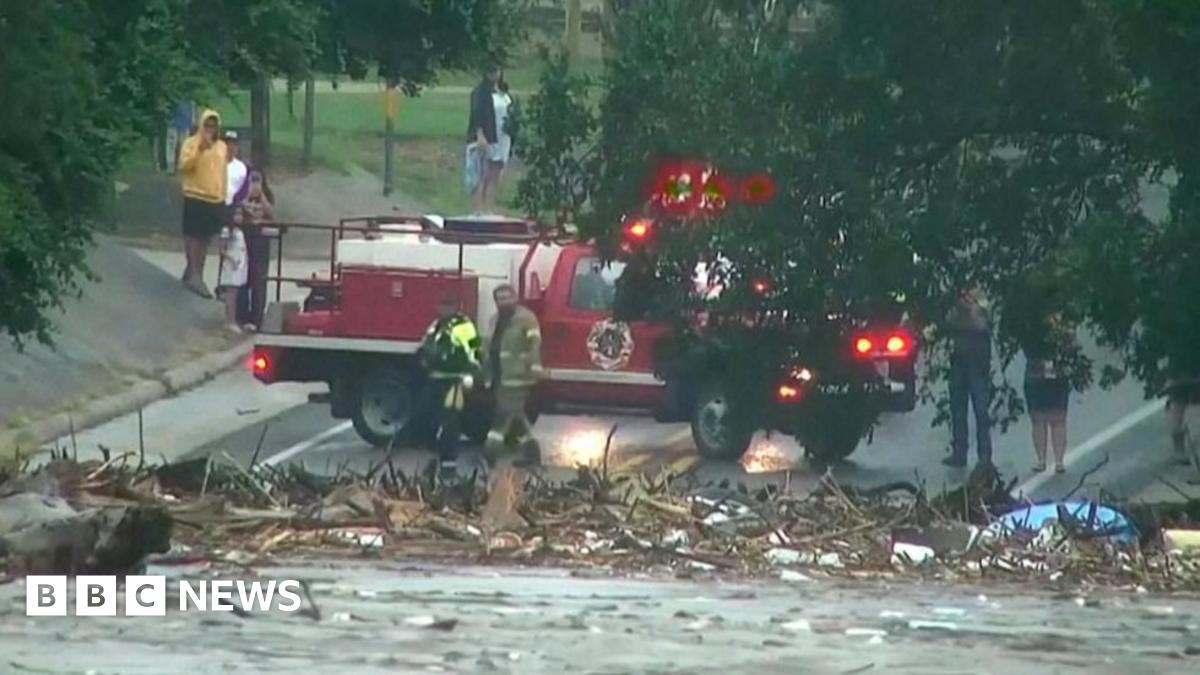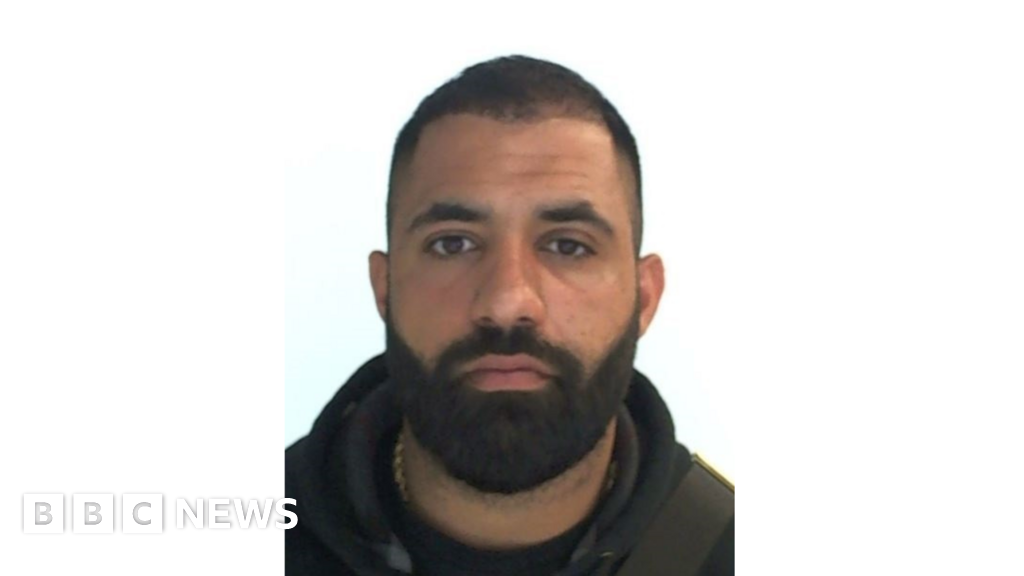(0:00 - 0:15)
Chinese interference in Canadian politics. Hacking of Canadian databases by Chinese agents. TikTok, a social media platform built by the Chinese government to brainwash our kids.
(0:16 - 0:56)
Many of us today are justifiably very concerned about Chinese influence in our country. But how much worse is government control in China itself? How do they recruit agents to infiltrate our country? And how do they control them once they're here? Why do they want our data? And what do they plan to do with it? Why are they after our youth? These questions and many others are answered in two films from Canadian producer Leon Lee. Not documentaries as you might expect, but feature-length movies based heavily on fact and interviews with many of the main characters portrayed.
(0:57 - 1:34)
In Mind Wave, released just this past November, Lee tells a fictional but at the same time very accurate story of Chinese hacking in Canada and of the extent the Chinese government goes to in their attempt to appear innocent. In Unsilenced, Lee's previous film from 2021, we're given a picture inside China where the government arrests, tortures and murders people in the cause of maintaining their control. But as with all stories of persecution, heroes arise to fight for their rights and for the truth.
(1:36 - 2:04)
Leon joins me today to discuss his films and to give us his observations on Chinese interference in Canada. Mr. Lee's films are available on YouTube for a very small fee and I highly recommend them. As Wang Weiyu, one of the main characters in Unsilenced says, if we all seek the truth, insist on the truth and tell the truth, truth will ultimately prevail.
(2:11 - 2:15)
Leon, it's a pleasure to have you on the show. Thank you, Will. Thank you for having me.
(2:16 - 2:32)
I have to say, I thoroughly enjoyed your films, especially UnSilenced and Mind Wave. And I don't mind saying it brought me to tears several times. You've done a fantastic job of portraying these very heroic people and what they had to face to bring the truth out.
(2:33 - 3:09)
So I wanted to ask, because you came to Canada, you've said in 2006 from China, you were a young man then. What prompted you to leave China and come to Canada and then subsequently produce these films? I came to Canada to study and I remember vividly one of my friends showing me a video of the Tiananmen Square Massacre in 1989. And my first reaction was anger, not towards the Chinese government, but towards my friend.
(3:10 - 3:36)
I asked him, how can you believe in this propaganda fabricated by the CIA to defame our motherland? Just because you are outside of China now, how can you just forget about your heritage, your root? My friend was rather patient with me. He basically said, take it easy, you know, you're a smart guy. Go back and do some research and then we can talk.
(3:37 - 4:57)
Once I started looking into this 1989 Tiananmen Massacre, I quickly learned that whatever I learned in school back home in China was completely wrong. I was told no single student died in Tiananmen Square. No single student died.
And more than that, I learned that almost everything, all these major historical events I learned back in school in China were some sort of a version that's far away from the truth. For example, I was told the United States and South Korea invaded North Korea first. And that's why China had to defend North Korea.
So imagine my shock. And then I started asking myself the question, if I had this kind of reaction because of all the brainwashing, probably many other people will have the same experience. What if I can do something about it? Right? And then I learned about the allegations of forced organ harvesting in China.
(4:59 - 6:06)
To my horror, the Chinese regime had been harvesting organs from prisoners of conscience, mainly Falun Gong practitioners, but also Tibetans and Uyghurs, political dissidents, underground house church members, in the hundreds of thousands. And that's when I started to make a film about it. My first documentary titled The Human Harvest documented two brave Canadians, David Matas and David Kilgore, their investigation into these allegations.
And that really opened the door for me to dig deeper into human rights atrocities in China, allowed me to get in touch with many heroic individuals who risked their lives to blow the whistle and tell, expose the crimes that's happened in China. And that's how one thing led to another. In the end, I made Mind Wave, you know, last year.
(6:07 - 8:01)
Yes. Now your films touch heavily upon censorship, especially in China. But here in Canada, now under Trudeau's government, we've had a number of censorship bills passed and proposed.
And I noticed something interesting when I was doing the research for this interview. I watched your films on YouTube, but first I checked on Amazon. And while they're available on amazon.com, they're not available on amazon.ca. Are you being censored here in Canada? In that particular instance, I'm not sure because we do have a distributor and they may have sort of scheduled the release in different territories.
So I'm not quite sure. But I know for a fact that China has been targeting me personally and my productions. Canada is the envy of the world in terms of independent filmmakers because we have a robust system in supporting artistic works in this regard.
And one of the agencies that supports these kind of works received a letter from the Chinese embassy saying that you guys have been funding anti-China work. Without naming my names, but obviously they're referring to some of my work. And the head of the agency actually showed a letter to me telling me, what do we do about this, right? To their credit, they actually stood up to the Chinese embassy and told them in Canada, we do have freedom of speech.
We fund the works based on these criteria. And the actual content is not part of the criteria. So they have creative freedom to do whatever they need.
(8:01 - 8:19)
So they continue with funding my work. So that's one of the examples. Okay.
Now it's no surprise that the Chinese government would want to censor your work. It certainly lays them bare before the world and the kinds of things that they're up to. And I asked you just prior to the interview, are you concerned for your safety? And you said no.
(8:19 - 10:23)
And I have to say that is a surprise to me because your films make it very clear that Chinese government will not hesitate to kill people to silence them. Why are you not concerned for your safety? Well, I have to admit in the very beginning, I did not really know what I was getting into. I thought these are urgent human rights atrocities and they need to be exposed, that the world needs to know.
I obviously knew they were not welcomed by China, but I did not know what kind of reaction I would expect. But over the years, I've encountered my fair share of intimidation and interference from the Chinese regime. And I've learned several things.
Number one, whatever I experienced here in Canada is really nothing compared to the things that people in China experience. So if they can open up to me, if they can tell me their stories and they can tell their stories to the world, there's no reason for me not to do it in Canada. And secondly, one of the official Chinese media published an article about me and officially labeled me as a traitor.
And in the comment section, which is heavily moderated, there was a comment saying, Leon, these days are numbered. And I did not panic after seeing the comment. I actually had an epiphany in the sense that if you think about it, everybody's days are numbered, right? Whether you know it or not.
And if my days are truly numbered, I should make sure every day counts. And that was almost 10 years ago. So I think if we, in a way, the CCP is like a bully.
(10:24 - 10:40)
You deal with them the same way you deal with a bully in school. You stand up to them and you tell them, I'm not afraid of you. If you don't want to say, if you don't like the way the things I say, then I stop doing the things you do.
(11:08 - 13:16)
corporation doesn't have nearly enough money to cover depositors. If you have money in the bank or the stock market, it is time to get out. Governments and corporations around the world are buying up precious metals in record amounts, because they know the coming crash will make their other assets nearly worthless.
You can buy precious metals at wholesale prices, through New World Precious Metals, at commissions substantially below other Canadian brokerages. And you can even transfer savings in your RSP tax free. To get more information, use the link below this video to contact New World Precious Metals.
They will answer any questions you may have. You may also wish to contact Adrian Spitters, a personal financial consultant who successfully predicted the stock market crashes of 2000 and 2008. You will find Adrian's contact information below as well.
Finally, if you want more information on the coming crash and what you can do to protect yourself, your family, and your assets, see my most recent quarterly update with my team of financial experts at ironwiredaily.com. By clicking the link below to contact New World Precious Metals, you will also be helping to support our efforts to bring Canadians the truth, as we are an approved affiliate partner. Now, it seems to me though that you did, probably with a good reason, have to self-censor somewhat in your films. In Mind Wave, you've got a fictitious app called VidTalk, which to me at least appears to be a pretty good stand-in for TikTok.
In Unsilenced, Daniel, the reporter, he's a composite character, but he works for the Chicago Post, which is a fictitious paper. It was a long time ago an actual paper, but not anymore. And I understand that you were not able to get permission from the various media outlets whose reporters that Daniel was based on to use their names.
(13:17 - 14:08)
So, to what extent are you having to censor yourself, and to what extent are you being censored? I guess one of the questions I would ask very directly is, why did these media outlets not want you using the names of their reporters when they exposed what was happening there? Right. It is no secret that a lot of the so-called mainstream media has comprehensive business ties with China, to various degrees. New York Times, for example, we know that their then-publisher, I believe in 2001, met with then-president Jiang Zemin in China, and shortly after that, they launched the Chinese-language version of the New York Times, and it's one of the very few Western media whose websites are not banned in China.
(14:09 - 14:41)
So now, after that, you can imagine that they are not actively looking to expose human rights atrocities in China. There was a reporter who worked in New York Times who testified in the China Tribunal in London, that she was pressured by the editor not to continue working and investigating false organ harvesting in China. They essentially shut her reporting down.
(14:44 - 16:39)
So that's one reason. The other reason is more practical. In order for any films to be distributed, you need an E&O insurance, otherwise no distributor or platforms will put on your films, and no insurance company will sell you the insurance if you use their real name without permission.
So that's why practically, and sometimes it's even more fun, you know, to let the viewers make their own decision, and they look at the things and draw their own conclusion. Are they talking about a particular platform, or is it completely fictitious? Right. As my own take on vid talk, just my own take on it.
Now you've spent, at this point in time, I guess about half of your life living in China, half of it living here in Canada, and if you would ask any other Canadian five years ago, 10 years ago, is this a country that has free speech? There probably would have been an unequivocal yes, but I made reference earlier to some of the censorship bills that are coming from Trudeau's government. How would you compare Canada today, in terms of censorship in this country, to censorship in China? There's no denial that many Canadians feel the freedom here is eroded over the years. There's no question about that.
But I have to say, it's nothing compared to what's happening in China. There are over 2,000 newspapers, hundreds of TV outlets, radio stations, and every single one of them is controlled by the Chinese government. The editors working there receive sometimes over a dozen, sometimes dozens of directives from the propaganda department.
(16:40 - 17:19)
By the way, it was their official English name, but then they realized it's not the best name, so they changed it to the Department of Communication and Publicity. But in Chinese, it is still called the propaganda department, and they control the details of the reporting, even to the extent of, these are the posts that the comments should be disabled, these are the posts that comments should be directed to a certain way, and for those who dare to speak up, the police will come in and arrest them and send them to prison. So that's truly a totalitarian regime.
(17:20 - 18:25)
And I have to... I'm sorry, keep going. Yeah. Of course, in Canada, we're nowhere near there.
All the more reason to be on alert, to know that the things we take for granted here are things that people pay a dear price to fight for in other places. And I have to assume that in China there is no independent media such as myself here in Canada. I know some people who try very hard to have a voice in China.
It's either a very limited time, or eventually they have to change their stance. To do this long term like you, what you've been doing, would be unimaginable. And I think that we have to... I see your films also as a cautionary tale, because you do portray very well, especially in Unsilenced, the extent that people had to go to, to get the truth out when it's being completely censored online.
(18:25 - 18:54)
It's not like they could do what I'm doing and sit here and do an interview and talk about this and put it out there. That obviously would be censored and they'd be arrested. They were tying pamphlets to balloons.
They were secretly putting them into people's mail slots because that was the only thing they could do. And I myself am becoming quite concerned the direction that Canada is going in because there is a lot of censorship of the truth happening here now. Our mainstream media is owned and controlled by the government.
(18:54 - 20:20)
Trudeau gives them over $2 billion every year. Do you have concerns about the direction that Canada is heading in? Or do you think we're going to turn this around and return to a free society, free speech? I think if we look at the world as a whole, and in particular in the US, there has been some promising developments. Even Facebook has announced that they will be revamping their fact-check mechanism.
It's clear that they realize that they have gone too far. And I think in Canada as well, people have realized… It's funny, again, sometimes things you take for granted, it's only when you risk losing it you realize the importance of it. So overall, I think as long as you have enough people realizing the trend, people will take action.
And in that regard, it's also important to, which is also the theme that touched in Mindwave, about China's interference in Canada. The political interference, meddling in our elections, influencing public opinion through digital platforms. I think there's also positive development in that regard.
(20:21 - 21:15)
So it won't be easy, but eventually I think we're on the right track. I found your portrayal of some of the Chinese agents to be exceptionally three-dimensional. Certainly there's people like Secretary Yang, who's very much part of the party and the MSS, and probably a true believer in what he was doing.
But you also had other characters like Min, Daniel's assistant in Unsilenced, Sarah in Mind Wave. And they were working for the Chinese government, but you portrayed them as almost very sympathetic characters who were very conflicted about what they were doing. And I have to feel that that's probably fairly realistic a lot of the time.
And my question then would be, how does the Chinese government recruit such agents as that, and how do they then control them? And especially when they're no longer in China?
